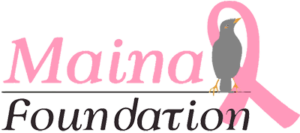
NEWSLETTER
November 2022
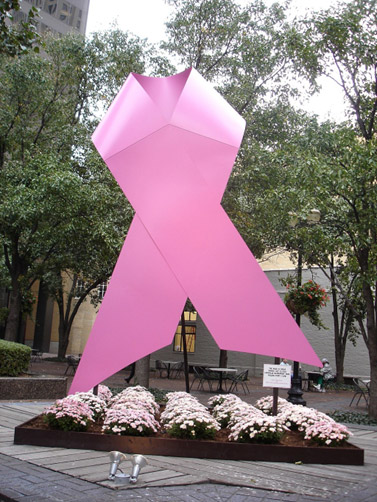
Hi Friends.
I hope you’ve recovered from your Thanksgiving holiday weekend, and the invariable overeating that goes with it. I spent the week with family in Seattle and it was wonderful. We went on multiple hikes, ate in, ate out and generally spent quality time with each other. And I fell in love with my granddoggy! Her name is Mola and she’s adorable. She has the softest fur, enjoys hikes and frisbee catching, and makes my heart melt when she places her face on my knee when she wants a hug.
Here’s a picture of her looking pensive while she soaks in the sunshine.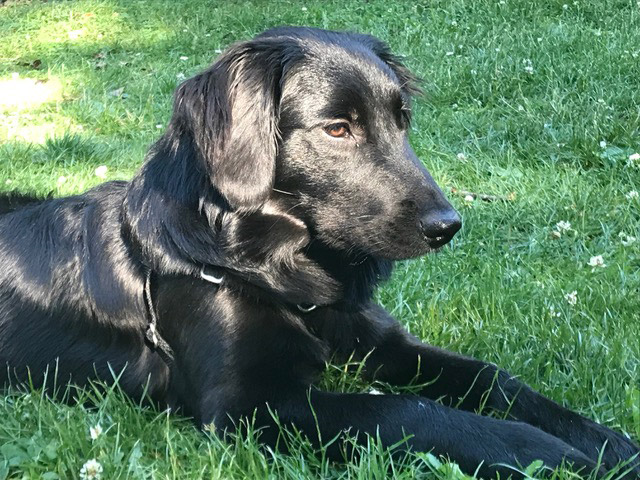
8 Foods That May Help Reduce Your Risk of Breast Cancer
by Manju Soni
In the past few newsletters, I’ve discussed the basic cause of cancers (mutations in DNA), and the role and timing of mammograms in breast cancer screening, as well as the pros and cons of self-examination, and the role of BRCA genes and why they’re important to know about.
This month, as we ease into the holidays, I feel we can have a bit of fun, and food is always an interesting topic to talk about.
Why and how food may affect our risk of developing cancer is a discussion all on its own.
However, to sum it up, some foods, especially excessively processed foods, are the main culprit in increasing our cancer risk. Examples of such foods are packaged breads and buns; sweet or savory packaged snacks; industrialized confectionery and desserts; sodas and sweetened drinks; meat balls, poultry and fish nuggets, and other reconstituted meat products transformed with addition of preservatives other than salt (for example, nitrites); instant noodles and soups; frozen or shelf stable ready meals.
This 2018 study looked at the diets of more than 100 000 participant, and followed them for five years for the development of cancers. What they found was, a 10% increase in the proportion of ultra-processed foods in the diet was associated with significant increases of 12% in the risk of overall cancer and 11% in the risk of breast cancer.
The possible reasons for this finding are complex, and include, firstly, a greater risk of obesity, an increase in salt that contributes toward the risk of gastric cancers, and a reduced consumption of fiber that increases the risk of colorectal and breast cancer. A second hypothesis for the increased risk of cancer with ultra-processed foods could be due to the wide range of additives that are found in these foods. More than 250 different additives are authorized for addition to food products in Europe and the US, some of which may be carcinogenic. And thirdly, food processing especially heat treatments produce contaminants (for example, acrylamide) in ultra-processed products that may be toxic.
So, what foods should we eat?
Here are 8 foods that are both tasty and healthy, and may help reduce your risk of breast cancer.
And if you’re looking for delicious recipes, I love Nisha Madhulika, a home chef from India with 13 million followers on YouTube.
I want to stress, even with the best diets in the world, you still need regular breast cancer screenings. if you have any concerns about your health, you should consult your healthcare provider, this newsletter, and the Internet in general is NOT a doctor. However, it is a good place to gather information, I found the Susan G. Komen website particularly helpful.
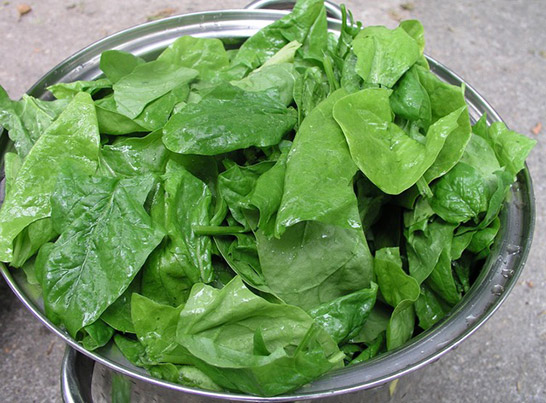
1. Leafy green vegetables: contain carotenoid antioxidants, including beta carotene, lutein, and zeaxanthin.
Examples: kale, arugula, spinach, mustard greens, chard.
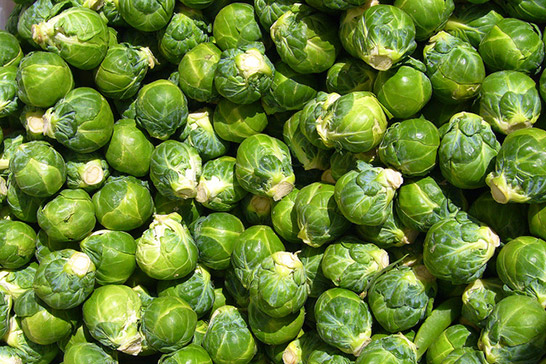
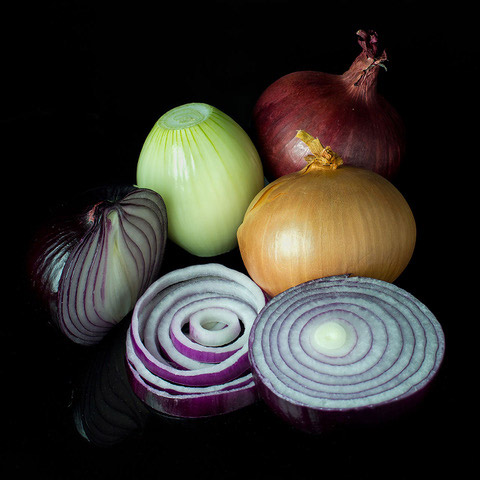
3. Allium vegetables: have nutrients, including organosulfur compounds, flavonoid antioxidants, and vitamin C.
Examples: Garlic, onions, shallots, chicves, and leeks.
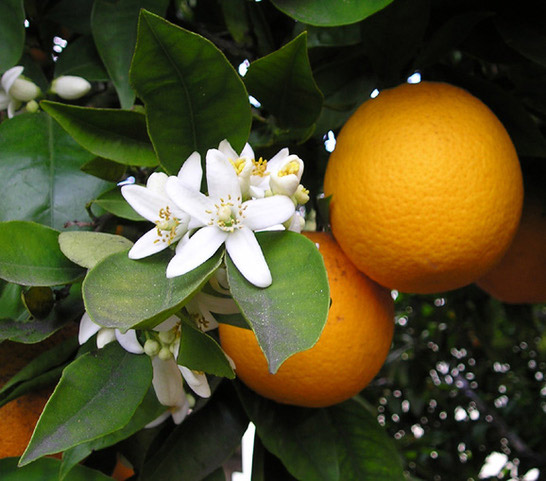
4. Citrus fruits: are packed with folate, vitamin C, carotenoids, and antioxidants.
Examples: oranges, grapefruits, lemons, limes, tangerines.
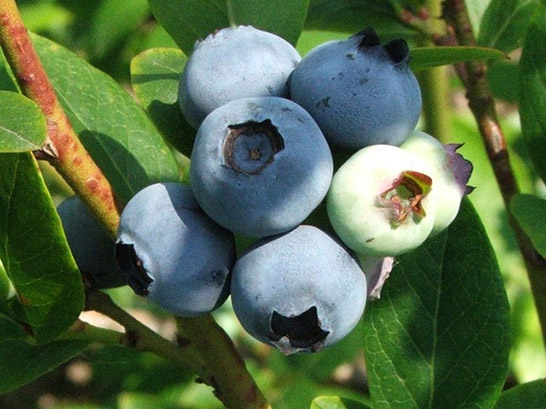
5. Other Fruits: have a variety of nutrients that are helpful against the development of cancer.
Examples: berries, peaches, apples, pears, and grapes.
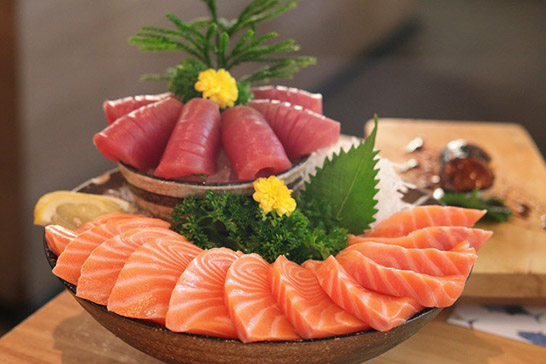
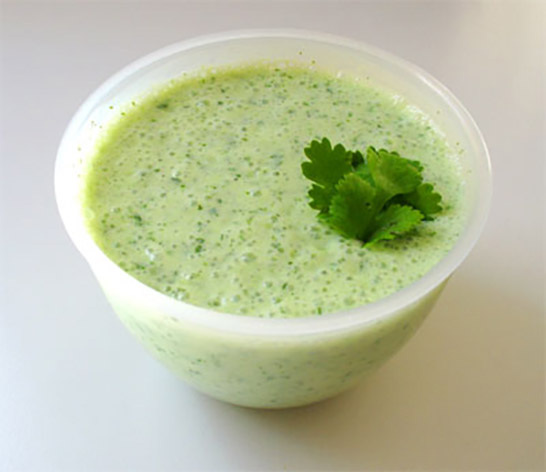
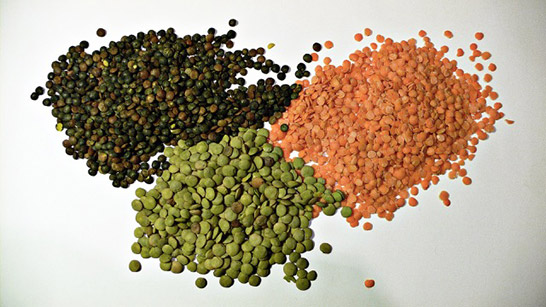
Foods and beverages to limit:
- Alcohol: heavy drinking may increase your risk of breast cancer
- Fast foods
- Fried foods
- Packaged breads and buns
- Sweet or savory packaged snacks, and excessive sugar
- Confectionery and desserts
- Sodas and sweetened drinks
- Instant noodles and soups
- Processed meats: like bacon and sausages, meat balls, chicken and fish nuggets
- Excessive sugar
- Refined carbs: like white bread and sugary baked goods
Other lifestyle choices: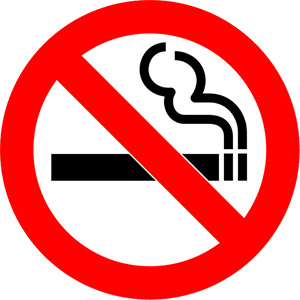
Smoking is incredibly detrimental to health and
increases the risk of almost all types of cancer.
Include:
An interesting and regular exercise routine.
Sufficient good quality sleep.
Avoidance of pesticides.
The bottom line
Overall, cancer risk is complex but certainly influenced by your diet and lifestyle. Making healthy lifestyle choices and avoiding potentially harmful foods, and chemicals may lower your breast cancer risk.
But regular screenings are still crucial for early diagnosis.
Thank you for reading, and happy run up to the December holidays!!
Manju Soni (she/her) (pen name: M. J. Soni) is a former eye surgeon turned author. She is the author of Defying Apartheid, her debut nonfiction book that captures her experiences of being a young activist against apartheid. Her short fiction and essays has appeared in Ellery Queen Mystery Magazine, Akashic Books, Apeiron Review and The Establishment. She’s a member of Crime Writers of Color and Sisters in Crime (National and Connecticut). https://manjusoni.com | https://twitter.com/MJSoniWrites
NEWS
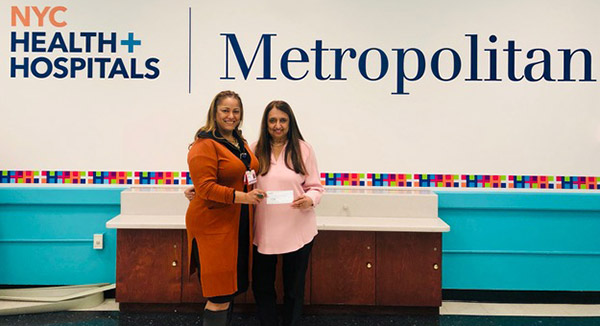
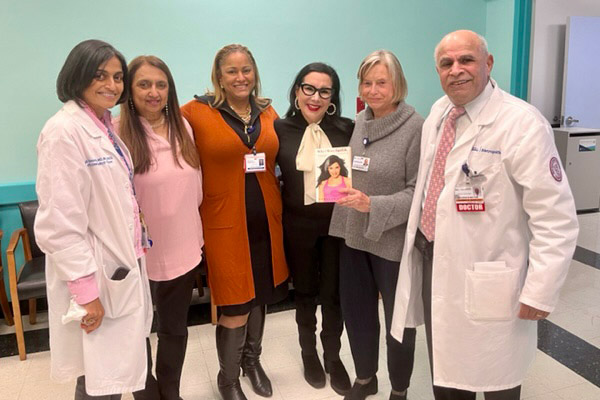
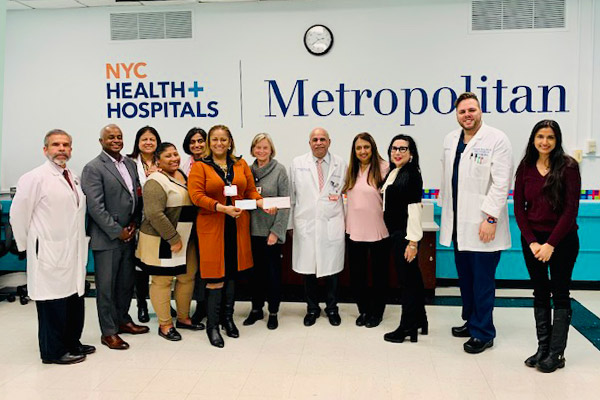
EVENTS AT MAINA FOUNDATION
We thank you for your continued support!
For more information on Maina Foundation, and to help its mission, go to https://mainafoundation.org or contact us at 860-434-3985 or info@mainafoundation.org
SAVE A LIFE - DONATE NOW
Donations can also be mailed to:
8 Peppermint Ridge, Old Lyme, CT 06371, USA

